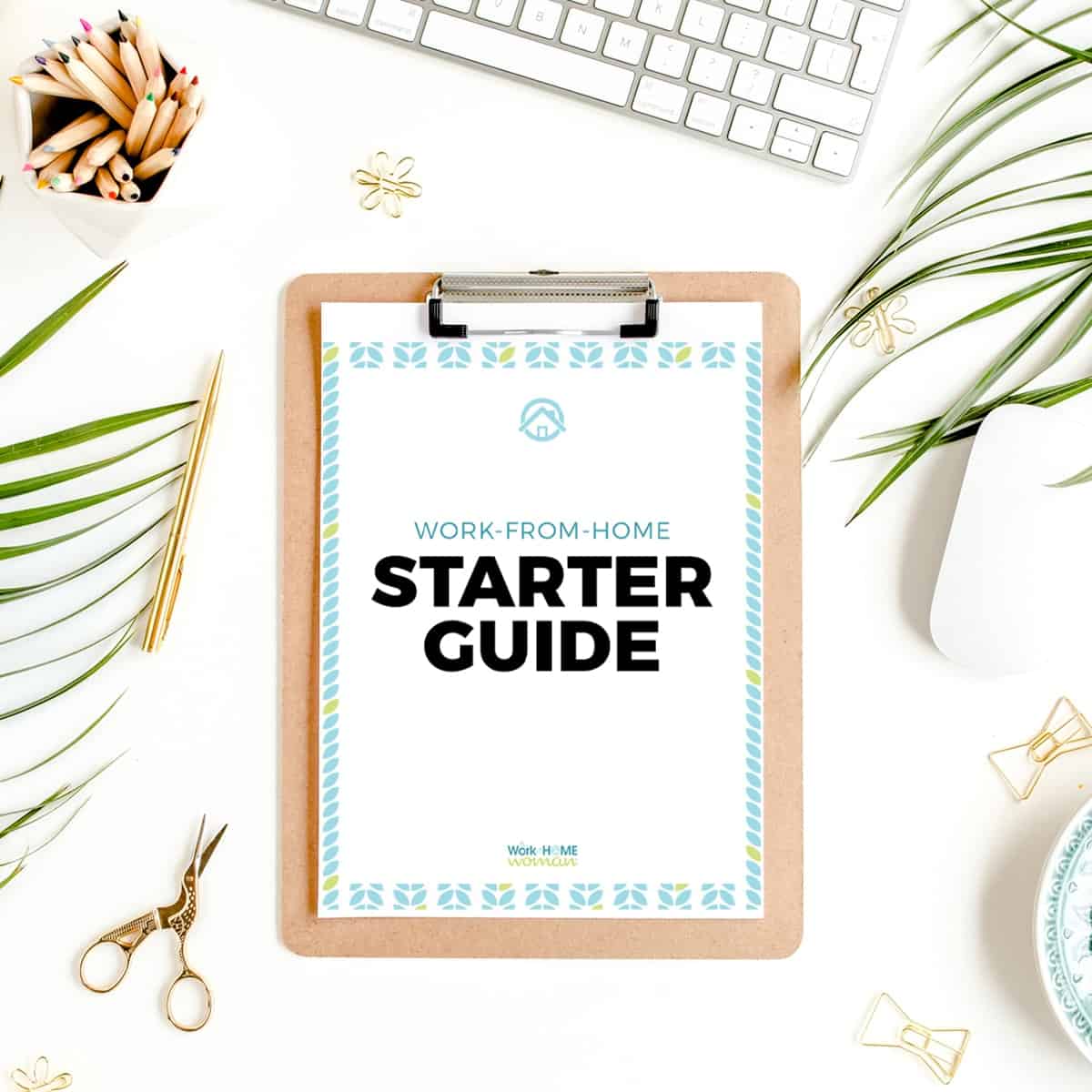Unexpectedly losing your job can come as a huge shock, particularly if you’re a victim of company restructuring or closure. When you lose your job, there are significant changes to your lifestyle. You may feel overwhelming uncertainty and panic about how you’re going to make ends meet without money coming in.
As devastating as this news can be, the quicker you work through your emotions, the sooner you’ll be back to work. Give yourself a little time to mourn your job loss, and then move on. We’ve got your back, so we’re here to give you a nudge in the right direction. You can do this!

What to Do When You Lose Your Job and Have No Money
You might consider losing your job as a bad thing, or it could be just the impetus you need to follow a new career path. Either way, you’re going to need money in the meantime. Here are the practical steps you can take to find the financial support you need and get back into the workforce.
1. File for unemployment
Depending on your circumstances, you may be eligible for unemployment benefits, so apply right away. Learn how to apply for benefits or temporary assistance, plus any other available programs and services at USA.gov. It’s your right as a taxpayer, so there’s no need to feel embarrassed or ashamed.
2. Check your insurance policies
Depending on the insurance, you could be covered for income protection, or you might be entitled to continue using your employer’s health insurance for a certain time after your job has been terminated. Ask your manager or HR department. Do your homework on this, as you may potentially have to secure a new policy to cover you while you’re out of work.
3. Ask about your retirement and 401k plan
What happens to it depends on the plan you have. It is best to consult with a financial advisor and your HR department about what to do so that you’re not stuck with huge taxes and penalties. You may want to roll over your 401k plan to an individual retirement account (IRA). Do lots of research on this before proceeding.
4. Ensure no money is owed to you
If you lose your job, check whether you’re owed any sick days, vacation days, or overtime. Find out if you own any stocks or shares, or are entitled to any other remuneration. Don’t leave until you’ve squeezed out every last dollar owed to you (asking politely, of course!).
5. Create a new budget
Once you start receiving your unemployment checks, you’re going to have to manage on a lot less money. It could take months to land a new job, so cut back where you can and try to prioritize food, shelter, and any medications. It’s going to be really tough, of course, but try to keep your eyes on the end goal and remember that it’s temporary. If you have a partner and they’re still working, one option is to refinance your mortgage (if you’re lucky enough to own your home).
6. Update your resume
It might be a while since you last revamped your resume, and a lot has changed in the way they are written. Check out our great list of 5 Things to Put on Your Resume to Get Hired Today, which includes a free resume template. You’ll then be ready to apply for jobs as soon as they become available. An excellent tip is to tailor your resume for each specific job that you apply for.
7. Look at your social media accounts
Clean up any personal pages, or better yet, adjust your privacy settings so that potential employers can’t check out what you do in your spare time (or read your complaints about your previous employers!). On the flip side, if you need a strong social presence for the type of field you’re in, you will want to start posting great content to make a good impression. Being active on your updated LinkedIn account is an excellent place to start, too, so that you can be easily found and also apply for jobs directly.
Now that you’re up and running, here is your 10-step daily action plan to keep focused
- Get up at a set time each morning, get ready, and treat job hunting like it’s a job.
- Connect with your network, including friends, acquaintances, and previous colleagues.
- Reach out to hiring managers, recruiters, and business owners via LinkedIn.
- Check job listings and sign up to platforms that will alert you when jobs come up, such as Indeed, Monster, and Glassdoor. Download their apps.
- Try to exercise and eat well to keep your physical and mental health in check.
- Limit alcohol, caffeine, and sugar try not to binge-watch TV, and prioritize good sleep.
- Arrange to regularly meet up with a friend socially (virtually or in-person) rather than isolating yourself.
- Listen to motivational podcasts or read informative articles on your industry.
- Focus less on the unanswered job applications and more on the daily accomplishments.
- Check our regularly updated list of Companies Now Hiring (and don’t forget to sign up for Holly’s newsletter so new job leads will land straight in your inbox).

Get money coming in while you search for a new job
You’ve come to the right place for exactly that! We’ve got you covered. Check out these blog posts where you’ll find epic lists of ways to make extra money while you’re searching for a job. The bonus is that these side earners will give you further experience to add to your resume and keep up your morale and job-hunting mojo.
- 18 Sites That Will Pay You to Test Out Websites
- 17 Easy Ways to Make Extra Money Online
- 20 Short Task Sites for Making Money From Home
Stay positive and focused on your goals
You’re not going through this challenging time alone, so you might like to find or start up a support group for people going through the same thing. You can help each other to stay accountable, keep positive, share tips and tricks, practice interview skills, and also direct one another to job leads that you discover.
Expect that it can be a slow, painful process from the time you apply for jobs to when any hiring decisions are made. Perhaps use the time to complete any online free training to upskill, watch YouTube videos on crafting the perfect elevator pitch, and prepare a couple of interview outfits.
If you start to feel discouraged or down, don’t be afraid to ask for help. It might not be easy, but let your friends and family know that you’re struggling, and tell them what would help improve your situation. It might be someone to babysit the kids, drop off a meal, give you a ride to a job interview, an outfit to borrow, read your cover letters, or provide a reference. Even if it’s just someone to listen to you vent about how soul-destroying job hunting can be. They won’t be able to assist unless they know you need it. Now, get back in that career arena!








Leave a Comment